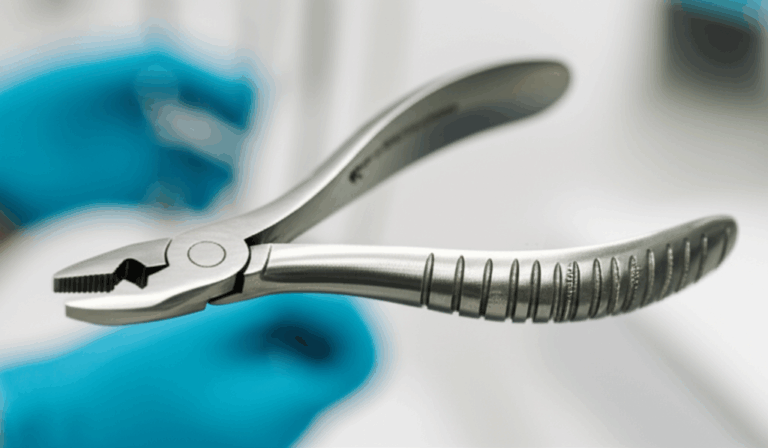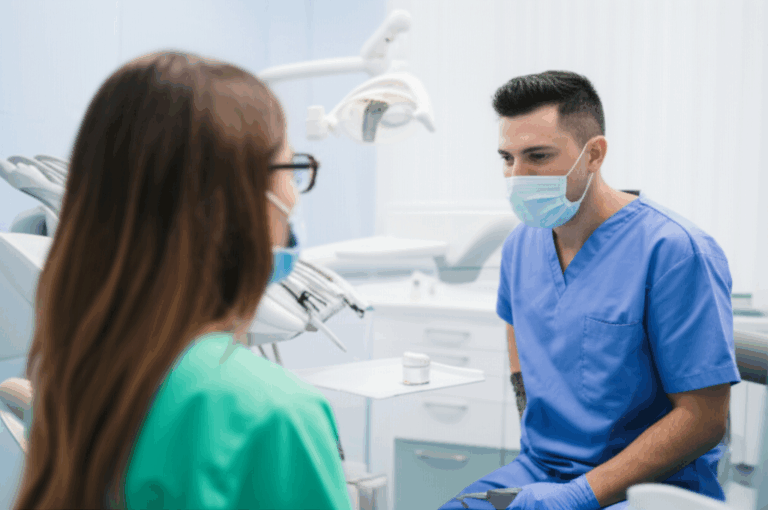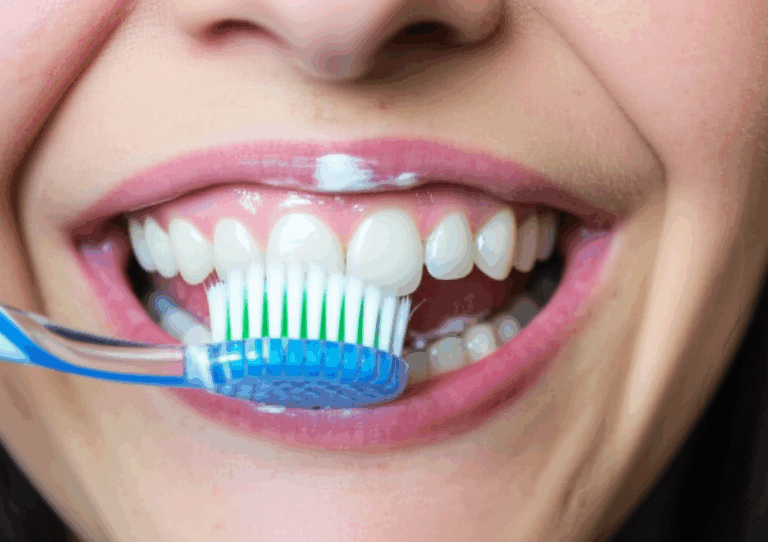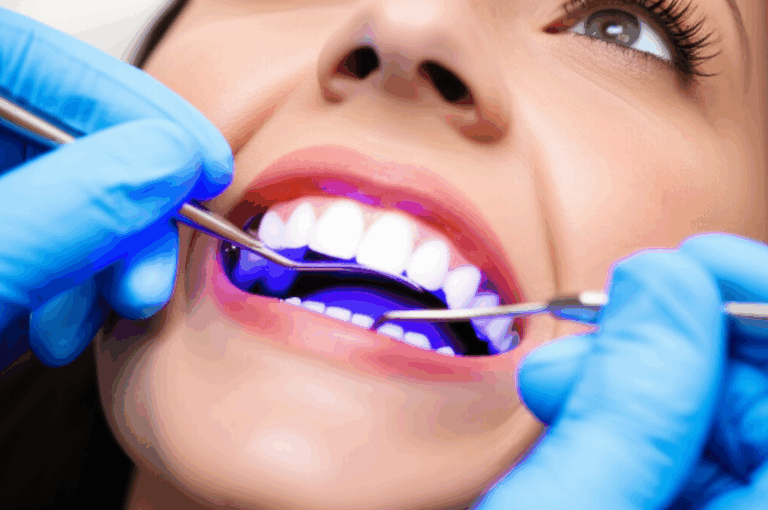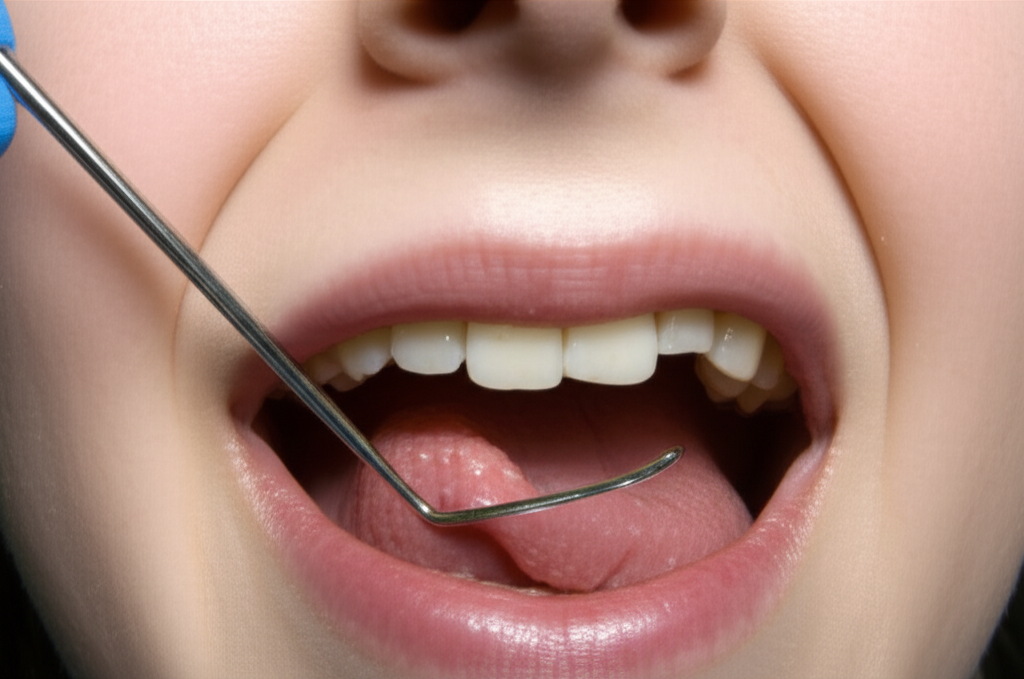
Table of Contents
- Dentophobia: The Official Term
- Dental Phobia Versus Dental Anxiety
- Prevalence and Statistics
- The Ripple Effect on Oral Health
- Physical Symptoms
- Emotional and Psychological Signs
- Behavioral Patterns
- Traumatic Dental Experiences
- Learned Fears and Family Influence
- The Feeling of Losing Control
- Fear of Specific Dental Stimuli
- Connection to Broader Anxiety Disorders
- Oral Health Consequences
- Overall Health Issues
- Financial Implications
- Choosing the Right Dentist
- Opening Up: Why Communication Matters
- Relaxation and Distraction Techniques
- Psychological and Behavioral Therapies
- Sedation Dentistry Explained
- Setting Myself Up for Success
- Bringing Support
- The Power of the Stop Signal
- Creating Positive Dental Experiences
- Seeking Psychological Support
- Consistent Oral Health Habits
Introduction: My Voice of Experience with Dentophobia
I never thought a word like “dentist” could make my heart beat faster and my hands sweaty, but for a long time, it did just that. The fear, the worry, and sometimes even real panic—all these feelings had a name I didn’t know for years. When I finally learned I wasn’t alone and found out the real word, dentophobia, things started to look different for me. I want to share what I’ve learned through going through it myself and talking with dental workers. If you’ve ever felt worried about going to the dentist, this guide is meant to help you.
What Is the Fear of Dentists Called?
Dentophobia: The Official Term
At first, I just said I was scared of the dentist, but I later found out there’s a name for it. It’s called dentophobia, also known as dental phobia. Dentophobia means a very strong, sometimes unreasonable fear of visiting the dentist or getting dental care. This isn’t just feeling uncomfortable—it can make someone panic and want to skip care altogether.
Dental Phobia Versus Dental Anxiety
Here’s an important thing I learned:
- Dental anxiety just means you’re nervous or worried before going but can still make yourself do it.
- Dental phobia (dentophobia) is much stronger. It can be so bad that people avoid the dentist for years, or even forever.
For a long time, I was in the middle—I got super stressed before appointments, lost sleep, and sometimes even canceled at the last minute. When I learned how these were different, I could finally put a name to what I was feeling.
How Common Is Dentophobia?
Prevalence and Statistics
Seeing I wasn’t the only one helped me a lot. Here’s what I found out:
- About 36% of adults in the US feel some kind of dental anxiety.
- Around the world, about 12% have dentophobia, and in some places it’s up to 20%.
- The American Dental Association and other groups say 50-70% of people with strong dental fear put off or postpone their appointments.
So if even just thinking about the dentist has ever made you uneasy, you’re really not alone.
The Ripple Effect on Oral Health
I figured out that skipping the dentist doesn’t just leave your nerves hanging. It also makes your chances of having tooth problems much higher. Going to the dentist often doesn’t just help you worry less—it actually keeps your mouth and even the rest of your body healthier.
Recognizing the Symptoms of Dental Fear
I used to think I was just being dramatic until I learned there’s actually many signs of this fear. Sometimes knowing what’s normal helps you figure out how you really feel.
Physical Symptoms
There was one time when my heart was racing, my hands were shaking, and I was breathing fast. These are normal signs:
- Sweating
- Fast heartbeat
- Shaking or trembling
- Upset stomach or feeling sick
- Trouble breathing
Emotional and Psychological Signs
Dentophobia isn’t just in your body; it’s in your feelings too. I’ve felt:
- Panic before or during visits
- Dread that started days before my appointment
- Feeling powerless in the chair
- Crying (lots of times)
- Hopelessness
Behavioral Patterns
My behaviors were the hardest to notice. I’d put things off, cancel, and then feel bad about it. Some common things people do are:
- Skipping or rescheduling appointments
- Trouble sleeping the night before seeing the dentist
- Feeling jumpy or cranky before dental work
The Causes and Triggers Behind Dentophobia
When I looked at why I felt this way, I found out there are a bunch of reasons. After talking to dentists and reading things online, I saw I wasn’t the only one.
Traumatic Dental Experiences
One bad appointment as a kid stuck with me forever. Maybe you had a rough dentist, or something that hurt a lot. Research says up to 80% of people with dentophobia had something like this happen before.
Learned Fears and Family Influence
This surprised me: If your parents or family were scared of dentists, you might become that way, too. Hearing scary stories from others can make our fears worse.
The Feeling of Losing Control
For lots of people—including me—the biggest problem isn’t just pain. It’s feeling trapped, or like you can’t move or talk. Lying back in that chair made me nervous because I felt exposed.
Fear of Specific Dental Stimuli
My triggers? That dentist office smell, the sound of drilling, and—worst of all—the needle. Some worry about choking, gagging, or just the way dentist offices feel.
Connection to Broader Anxiety Disorders
I found out (thanks to people who know about this stuff) that if you already have anxiety or PTSD, you’re more likely to have dentophobia. If that’s you, you’re not alone.
The Real Impact of Avoiding the Dentist
This is where skipping the dentist really catches up with you.
Oral Health Consequences
For me, missing checkups meant more cavities and even early gum issues. Science backs this up: people scared of the dentist are three times more likely to have bad or missing teeth. If you leave things, infections can get bad and even spread.
Overall Health Issues
Your mouth is connected to the rest of your body. I learned that mouth problems can send germs into your blood and make it easier to get sick with heart or diabetes problems. Taking care of your teeth helps your whole life.
Financial Implications
This part hurts: Missing regular cleanings saves a little money now, but you’ll end up paying more down the road. Big dental jobs cost more than simple checkups. If I’d known this, I would have gone in sooner.
My Personal Strategies for Overcoming Dentophobia
I didn’t stop being afraid all at once. But I found some simple things that helped—plus tips I got from dentists and people like Dr. Joe Dental.
Choosing the Right Dentist
Not every dentist is the same. When I looked for one who is good with anxious people, things got way better. Look for dentists who explain things clearly, are patient and gentle, and listen if you’re worried. Some offices say right on their website that they’re good with nervous patients—don’t be afraid to ask.
Opening Up: Why Communication Matters
I used to try and hide my fear, thinking it was embarrassing. Now, I tell the dentist or staff right away. Most of them understand and try to help. Being honest took so much stress off me.
Relaxation and Distraction Techniques
Keeping calm sometimes comes down to simple tricks:
- Breathing deeply and slowly
- Focusing on what’s happening right now
- Relaxing your muscles
Staying busy helps, too. I use headphones, pick my favorite playlist or podcast, or hold a stress ball. Some clinics let you listen to music or even use new tools like virtual reality.
Psychological and Behavioral Therapies
When my fear got so big I couldn’t deal with it, my dentist told me to talk to a counselor. Things like talking therapy and slowly getting used to dental visits helped a lot. Sometimes, even just a few meetings with a counselor made things much better. Hypnosis worked for a friend who’d fainted before.
Sedation Dentistry Explained
Here’s where modern dentistry is a real lifesaver. For visits I just couldn’t handle, I tried different sedation ideas:
- Laughing gas (nitrous oxide) made me feel lighter.
- Oral sedation—a small pill—made me calm for longer jobs.
- IV sedation was there for really hard times.
- For big treatments, some clinics use general anesthesia.
About 30-40% of nervous patients use some kind of sedation, so you’re not weird for asking.
If you want to know about options for tricky dental issues or places that help nervous people, check out info on crown and bridge lab or implant dental laboratory.
How I Prepare for a Dental Appointment
Getting ready helps more than you think. Here’s how I make it easier for myself.
Setting Myself Up for Success
I always book my appointments in the morning, before other things can stress me out. I skip busy or stressful days if I can.
Bringing Support
Sometimes just knowing a friend or family member is waiting helps me chill out. If your clinic says it’s okay, try bringing someone with you.
The Power of the Stop Signal
This changed everything for me. At the start, I agree with the dentist on a simple stop signal (like holding up a hand). It gives me control and helps me take breaks if I’m getting too anxious.
Managing Dentophobia Long-Term
Getting over dentophobia takes time. But it’s worth it.
Creating Positive Dental Experiences
After a few calm, pain-free visits, my worry started to go away. I kept going to my appointments, and pretty soon, they felt normal instead of scary.
Good visits help you trust the process, so each time feels easier.
Seeking Psychological Support
If you have bigger worries or PTSD (which I did), working with a counselor really helps. If your fear of dentists is part of a bigger issue, getting help for that bigger thing is the best move.
Consistent Oral Health Habits
Now I stick to brushing and flossing every day. It’s not just healthy—it helps me avoid the big stuff that needs scary treatments. Less work means less fear.
Sometimes, using comfy oral devices made at a dental lab for retainers or just getting a good toothbrush makes keeping up with brushing feel easier.
Conclusion: Taking Charge of My Dental Health
If you’ve felt weird or ashamed of being scared of the dentist, you should know—you’re not by yourself, and you’re not stuck. Seeing dentophobia as a real thing is the first step. Small changes—like talking to your dentist, trying a new calming trick, or checking out new tools from a trusted china dental lab—can get you closer to better teeth and better health.
You don’t need to be fearless. You just need to feel a little more in control each time you go. My story showed me that people can change, and with the right tricks, you can take charge of your dental health, one visit at a time.

